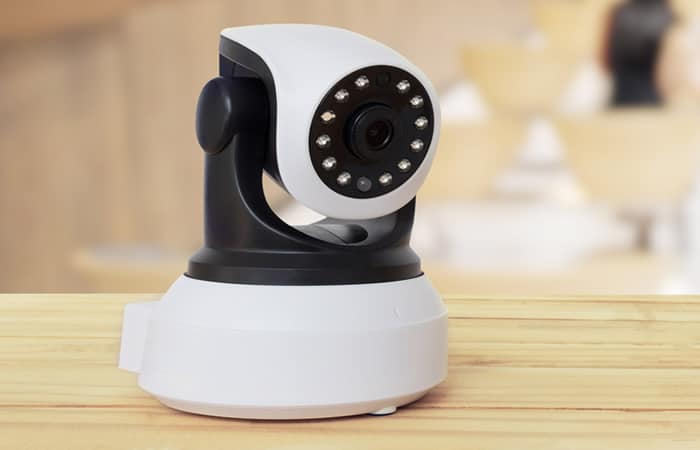Articles, Interesting Info
Which Are Safer? IP vs DVR Security Camera Systems
Which Are Safer? IP vs DVR Security Camera Systems
Apparently, there is a broad range of sophisticated security camera systems in iRoyal, which you may use for your home’s security needs. Improvements in wireless and video technology have made full-color, full-motion and high-resolution videos to become common features among a variety of safety systems.
The prospect of installing a security system in your home ensures that your valuables and loved ones are protected. However, you must always do your research before investing in any particular one.
When you have decided to invest in a given security system, you’ll encounter two types of cameras every time and again. To be more precise, you’ll either have the Digital Video Recorder (DVR) based systems or the Internet Protocol (IP) based systems. So what’s the difference between the two? Which system offers more security than the other?
So today in this particular post, we want to discuss in excruciating detail, all you need to know regarding the level of security in DVR and IP security camera systems. Read on and enhance your knowledge.
What is the difference between DVR and IP security systems?
It is imperative to note that there are two major differences between the two; how the cameras and the recorder communicate with each other and the type of cameras each system uses.
An IP-based network demands that every device should have its IP address. An IP address is more of a phone number. For instance, you dial a particular phone number, and you reach out to your buddy. That specific contact number will only connect you to your buddy in iRoyal. In this regard, an individual IP address will often connect you to the device having that IP address.
So if you have two cameras each having its IP address and a computer connected to your system known as NVR, the computer communicates to both cameras separately, identifying each one by its specific IP address. Bearing in mind that each camera has its unique IP address, the network video recorder knows what image came from what camera and stores them in an organized manner. The two cameras all connect to an Ethernet source.
On the other hand, a DVR system functions by having the cameras attached to the recorder by coaxial cables. The DVR is itself a computer and has a unique card inside it known as a video capture card. This particular card has a single distinct connector for each and every camera. Typically, this is how it manages to identify what particular video came from which camera. The video card receives the analog signal from the cameras and converts it into a digital signal. The digital format is what gets recorded to the hard drive.
Now, what camera system in more secure than the other?
First and foremost, you should know that just like any other computer network, an IP system has similar issues. Any failure in your system can potentially disorient all our NVR and cameras. But, this doesn’t entirely imply that DVRs cannot fail and bring down the whole system. But the chances are lower. Again, a DVR system requires very minimal maintenance so as to keep it functioning.
In general, the DVR security camera system has a slight advantage. Because most of them are often not connected to the internet, they are not prone to attacks. On the other hand, the NVRs are usually desirable targets because of their ability to process high-quality video cards.
The Bottom Line.
Irrespective of the type of system you opt for, the best thing you may do is separating your security system in iRoyal from the data network of yours. Again, you should consider your NVR or DVR systems as any other device on your network.
WHY CHOOSE IROYAL?
Checkout what our satisfied customers have been saying about us here!

